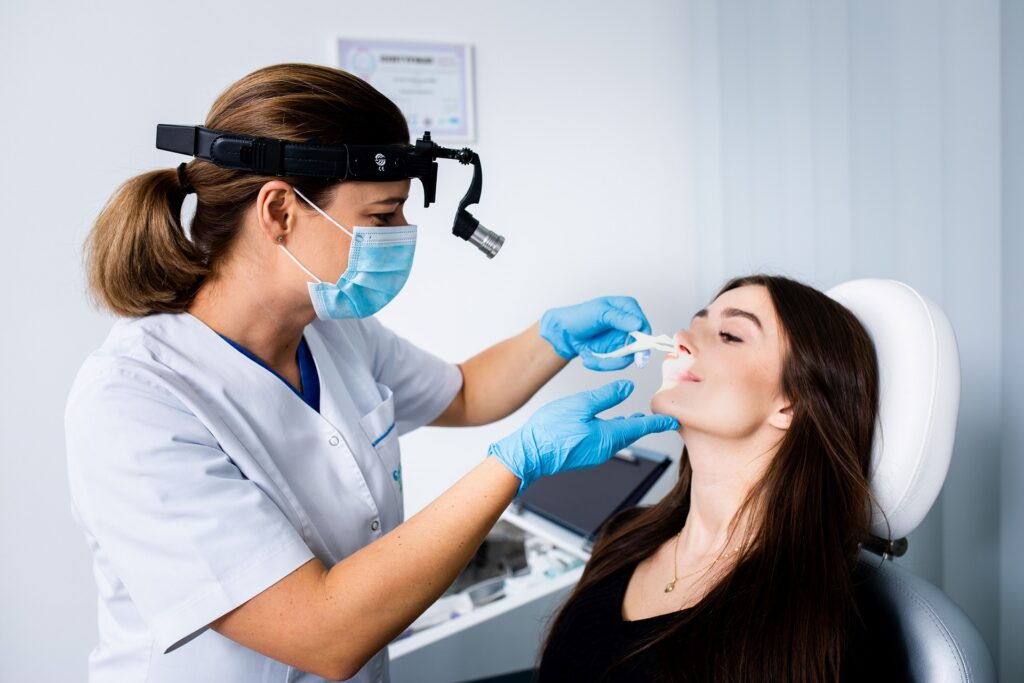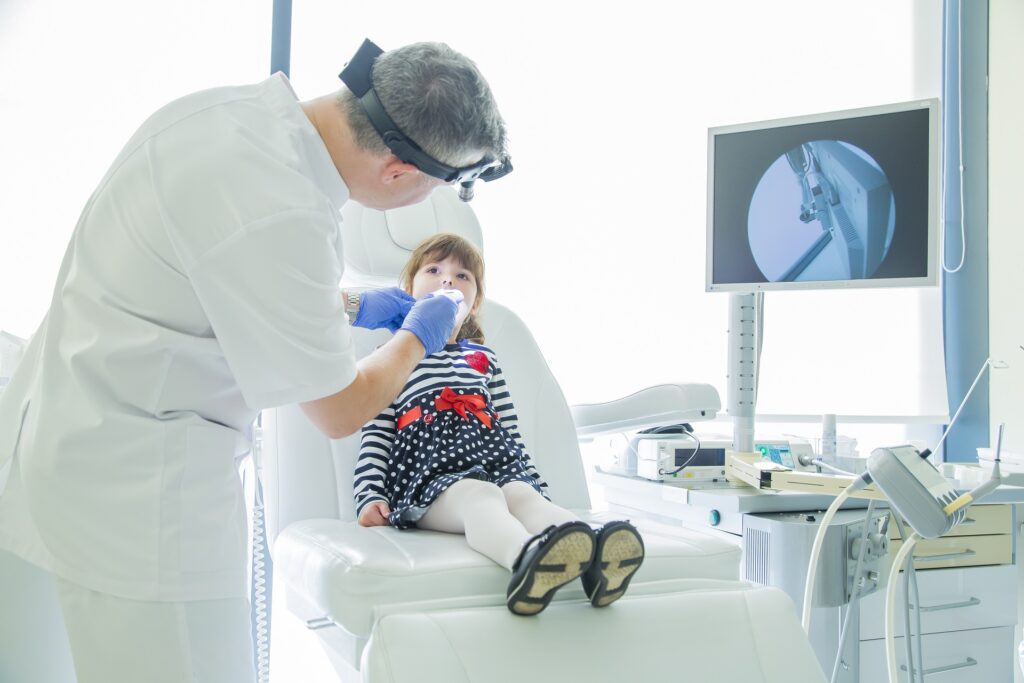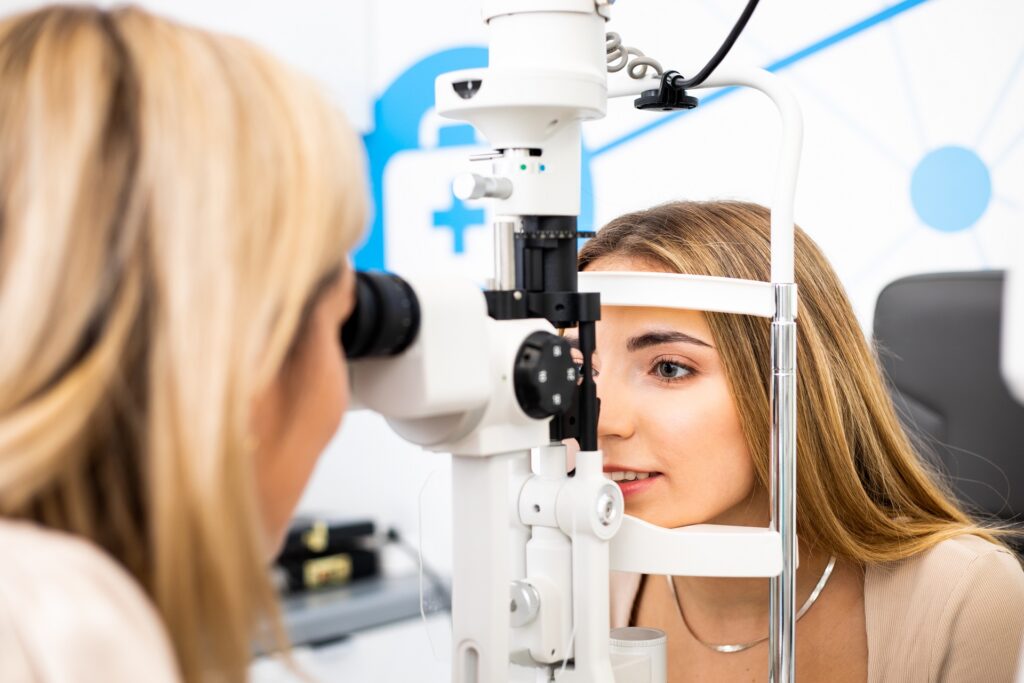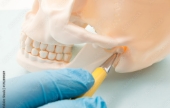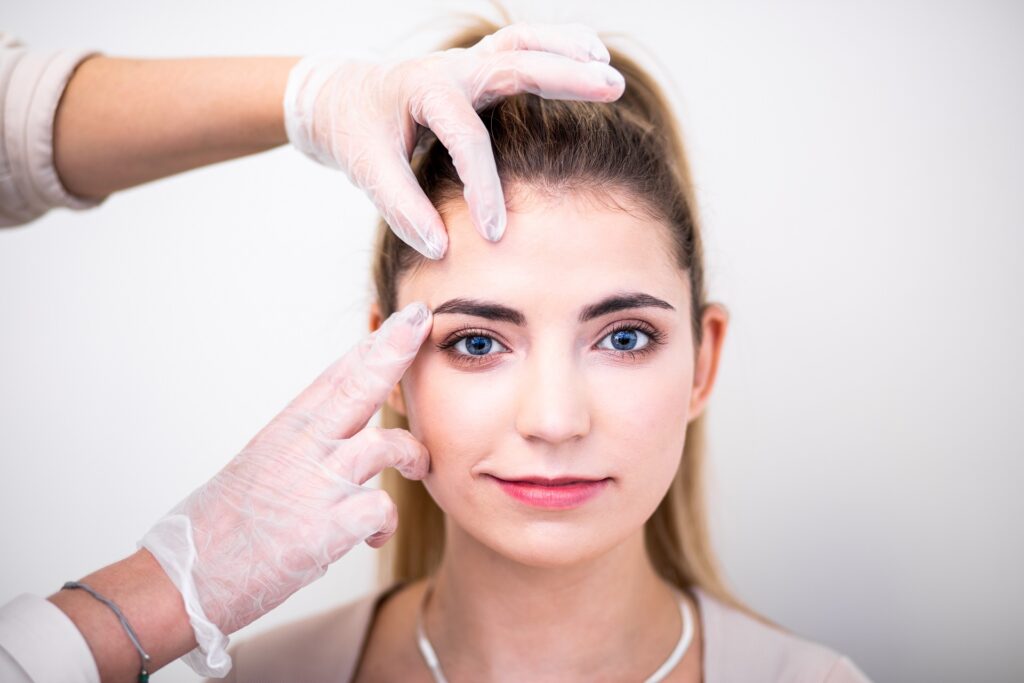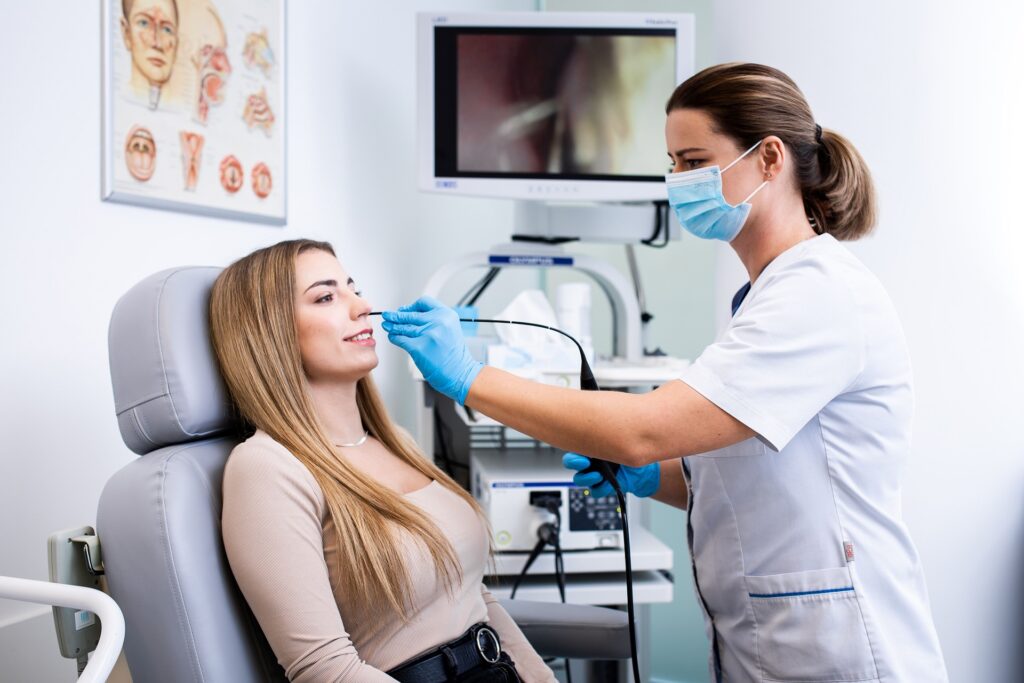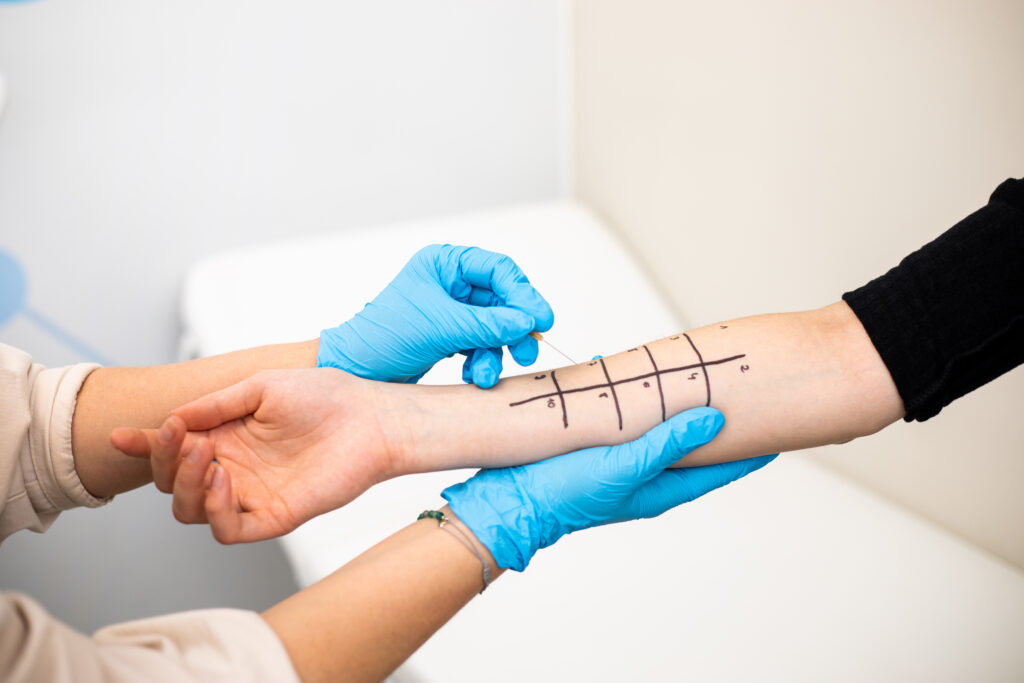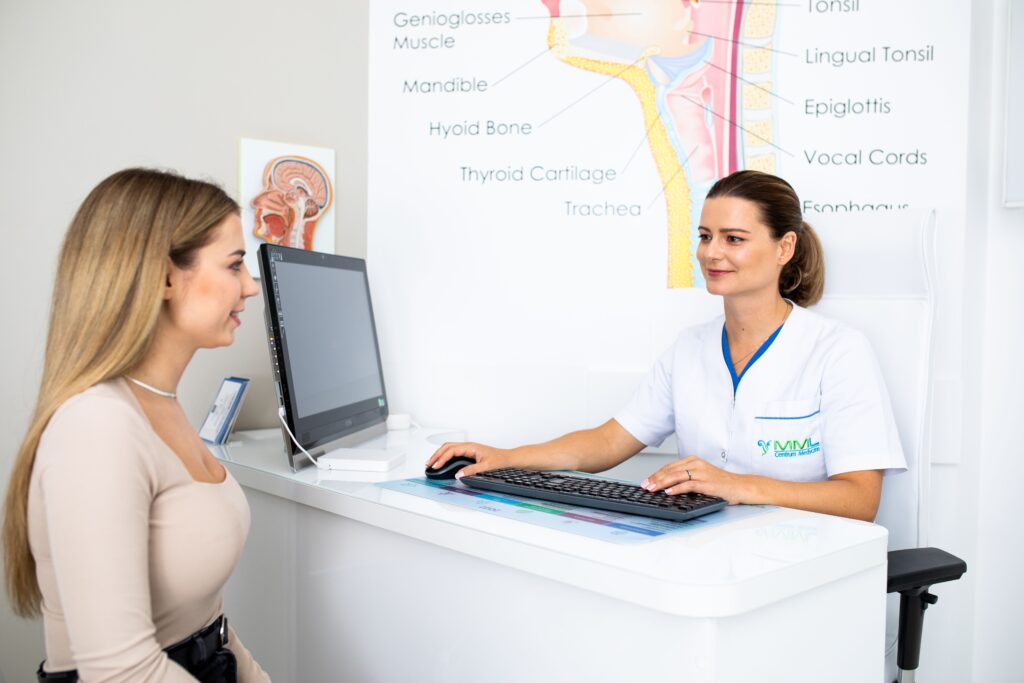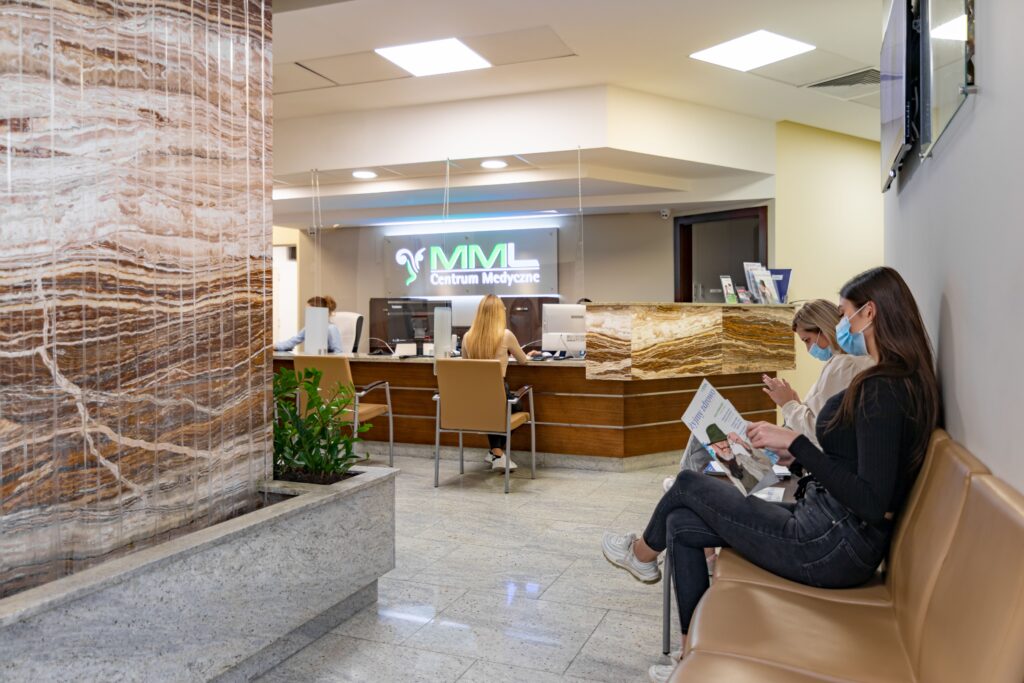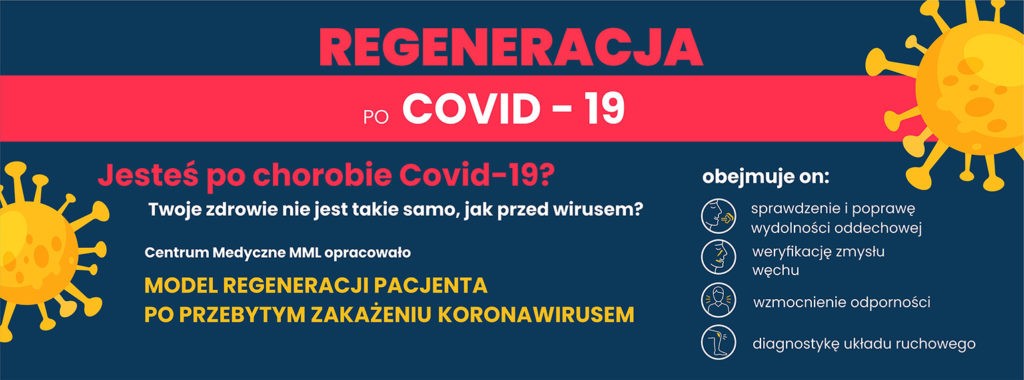
An increasing number of people who have undergone coronavirus infection are feeling the effects of their illness for weeks. SARS-CoV-2 virus can leave adverse effects across all body, causing severe pulmonary and cardiovascular complications such as pneumonia with respiratory failure or ARDS, pulmonary fibrosis, myocarditis or thromboembolic complications, as well as a variety of neurological symptoms. Clinical manifestations associated with coronavirus can vary in severity, and not all abnormalities are captured during the course of infection. If you have had COVID-19 and have noticed changes in your respiratory, cardiovascular or neurological system, you should see your doctor as soon as possible!
Cure COVID-19 complications effectively!
Although the long-term effects of the disease are not yet well understood, from the observations so far we can already list the recurrent symptoms after COVID-19 disease. The most common complaints are those of reduced respiratory capacity, chronic fatigue, cardiovascular and neurological problems. This is why it is so important to get under care of a good specialist early on. Early treatment at the MML clinic can prevent further development of post-covid complications. So trust the professionals and don’t hesitate to schedule an appointment if you are experiencing any post coronavirus infection symptoms!
Why treat complications after COVID-19 at MML?
MML Warsaw clinic successfully treats post-covid complications. Our patients have been using our therapies with good results since last October. . We provide fast appointments and comprehensive treatment. Our team of specialists is familiar with the problem and can skillfully apply the appropriate diagnostics and treatment, and will help alleviate the discomfort, which can sometimes last for several weeks or even months. If you are suffering from post-covid syndrome, contact us as soon as possible and schedule a consultation with our doctors.
What complications from COVID -19 might you be at risk for after passing infection?
The long-term health effects of coronavirus infection are still not clearly determined. It is known that the virus can damage the lungs, heart and brain, but almost any organ can be affected. The ACE2 receptor that the SARS Covid-2 virus binds to and that is present in a great many tissues: lungs, heart, intestines, blood vessels or kidneys.
Patients who have undergone COVID-19 experience a constant sense of fatigue, abnormal heart rhythms, and difficulty engaging in physical activity, often accompanied by impaired balance and coordination, muscle and joint pain, headaches, loss or deterioration of smell, and problems with concentration, memory, or logical thinking. All these emerging symptoms make it difficult to return to normal functioning, professional work or home activities. They also have the effect of worsening feelings of anxiety and nervousness and worsening mood. They are also often joined by a lack of motivation to act, stress, sadness, or even depression.
Hospitalized patients who have experienced a stay in intensive care and connection to a ventilator additionally struggle with problems with normal voice production or difficulty swallowing solid food and liquids as a consequence of prolonged intubation. Individuals who have been severely affected by COVID-19 often experience shortness of breath during the recovery period, which may worsen depending on their condition. Breathlessness creates a feeling of anxiety, further disrupting respiratory function. Thromboembolic complications are also among the serious risks associated with SARS-CoV-2 infection.
In addition, coronavirus causes damage to blood vessels, promoting clot formation, which can cause thrombosis of the veins of the lower extremities, abdominal cavity, or pulmonary embolism. A severe infection can also lead to kidney damage, sometimes only temporarily, but it is also possible that it will persist after recovery.
According to specialists of the Cardiff and Vale University Health Board, who observe the consequences of other respiratory conditions, patients affected by acute respiratory distress syndrome (ARDS) struggle with mental and physical ailments for up to five years. There are disturbing reports that an undergone coronavirus infection can accelerate brain aging and increase the risk of depression. These are preliminary data and it will probably be several years before we know the full picture of this disease.
What can aid recovery when treating complications after COVID-19?
More than 122 million people have contracted the coronavirus worldwide to date, and at least 2,690 thousand have died. Typically, patients recover fully from coronavirus infection in 2 to 6 weeks. However, some symptoms, such as weakness or impaired concentration, may persist for several months.
The length of time required for recovery after COVID-19 is individual and depends on the patient’s overall health as well as the severity of the infection, but it is certain that many patients, especially those who required mechanical ventilation, will require months of rehabilitation after COVID-19to recover.
However, timely medical consultation, proper diagnosis, and the introduction of effective medications if necessary, as well as the impact of various therapeutic and curative interventions, will certainly enable patients suffering from post-covid syndrome to recover faster. Especially if the entire recovery process is monitored by your primary care physician.
Therefore, it is worth to take advantage of the post-Covid-19 recovery packages offered by our clinic. They are individually tailored to each patient’s needs. As part of the diagnosis, the doctor will refer the patient for blood tests such as blood count, CRP, transaminases, TSH, vitamin D and zinc levels. In the initial health assessment within the packages you can perform:
- ECG,
- spirometry,
- smell test,
- nasopharyngeal endoscopy.
And also expand the scope of examination to include:
- 3D tomography,
- rhinometry and rhinomanometry,
- Ultrasound of lymph nodes or abdominal cavity.
During the consultation, the internal medicine physician will take a history, smell test, and discuss lab results and then match a diagnostic and recovery plan individually for the patient, such as:.
- Sinus CT,
- spirometry,
- rhinomanometry,
- ECG,
- consultation with an ENT specialist,
- consultation with an orthopedist,
- consultation with a pulmonologist,
- consultation with an anesthesiologist,
- consultation with a nutritionist,
- consultation with a physical therapist,
- AMSA inhalations,
- vitamin drips
Who is most at risk from long-lasting COVID-19 symptoms?
The elderly and those with comorbidities are most at risk for persistent COVID-19 symptoms. However, there are also even young people who have not been hospitalized because their illness was mild, and they begin to experience persistent or late symptoms that appear even after initial recovery.
Individuals in the risk group for long-lasting COVID-19 symptoms primarily include:
- elderly people,
- people with overweight,
- people with asthma,
- people with multiple symptoms within the first week of illness.
To date, it has not been possible to determine why some people take longer to recover. This may be associated with prolonged viremia due to a poor or absent immune response, relapse, or reinfection, inflammatory or other immune response. Psychological factors such as post-traumatic stress can also have a significant impact.
Undoubtedly, it is necessary to visit a doctor if the state of health after passing infection worsens instead of improving or when we observe new symptoms, such as increasing dyspnea after COVID-19, swelling, palpitations or fainting. It is also a good idea to monitor your mental state.
For whom is the REGENERATION AFTER COVID-19 package indicated?
The REGENERATION AFTER COVID-19 package is intended for people:
- who have gone through SARS-COV 2;
- with problems with proper voice emission;
- with a feeling of dryness in the throat;
- with post-viral fatigue syndrome;
- with post-infectious cough;
- with memory or attention problems;
- with recurrent upper respiratory tract infections;
- after laryngological procedures;
- with polyps;
- with hypertrophy of the nasal conchae;
- with deviated nasal septum.
Call us to make an appointment for a consultation +22 406 54 22.

